Global carriers have a plan to deal with bans on Huawei 5G network gear
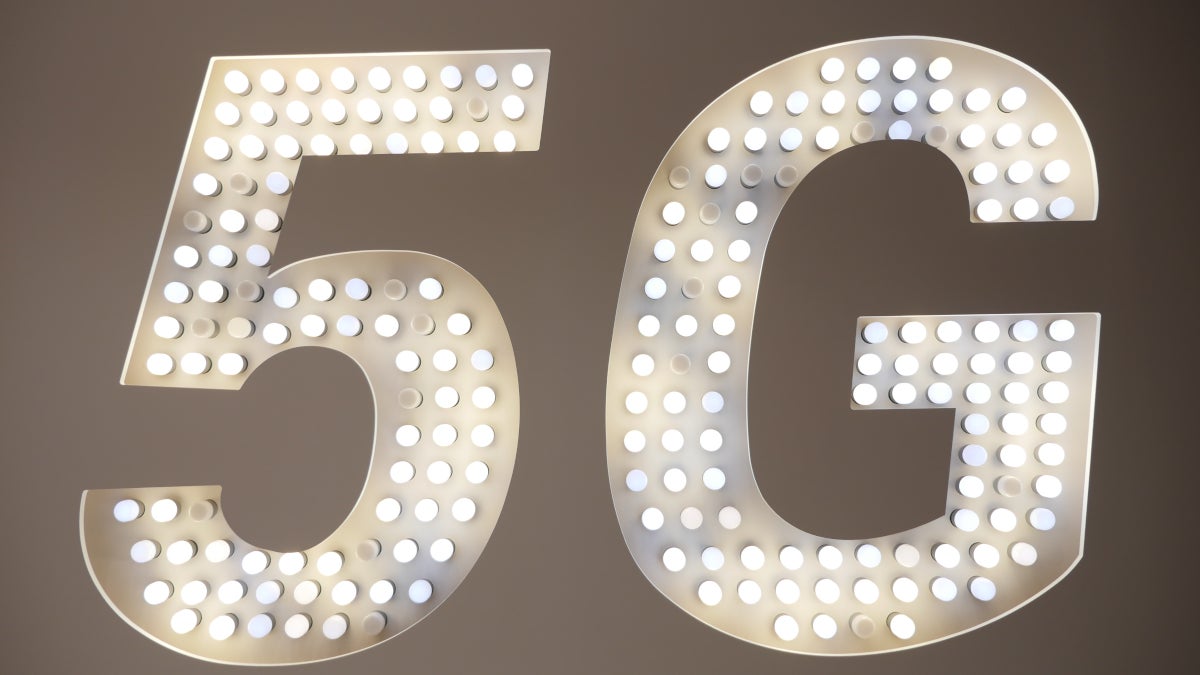
While much was made about Britain's decision to allow Huawei networking equipment to be used in the country's 5G networks, these parts are restricted from being used near "sensitive areas." While some governments are trying to decide about whether to allow Huawei's gear to be used in their countries' 5G networks, the carriers are the ones feeling the heat of these choices.
In the U.S., Huawei is considered a national security threat because of its ties with the communist Chinese government. Under China's laws, the government can demand that the company gather intelligence on its customers using a back door and send the information it obtains to Beijing. Although the manufacturer has denied this repeatedly, the U.S. said last week that it has evidence proving that Huawei does use its networking gear for spying. The company's response was to call the Trump administration's bluff. John Suffolk, who is the head of Huawei's cybersecurity unit, said last week in response to these reports, "We just say: ‘Don’t hide it, don’t be shy. Publish it, let the world see it."
Moving to open-source software could help carriers more easily build their 5G networks
Carrier's affected by the concern over Huawei's alleged spying don't have many alternatives. While the latter is the largest supplier of networking equipment in the world, Nokia and Ericsson are numbers two and three. But the technology offered by both of them is said to be one to one and a half years behind Huawei. In addition, the Chinese manufacturer is able to offer its customers generous financing terms due to its relationship with the state-run bank in China.
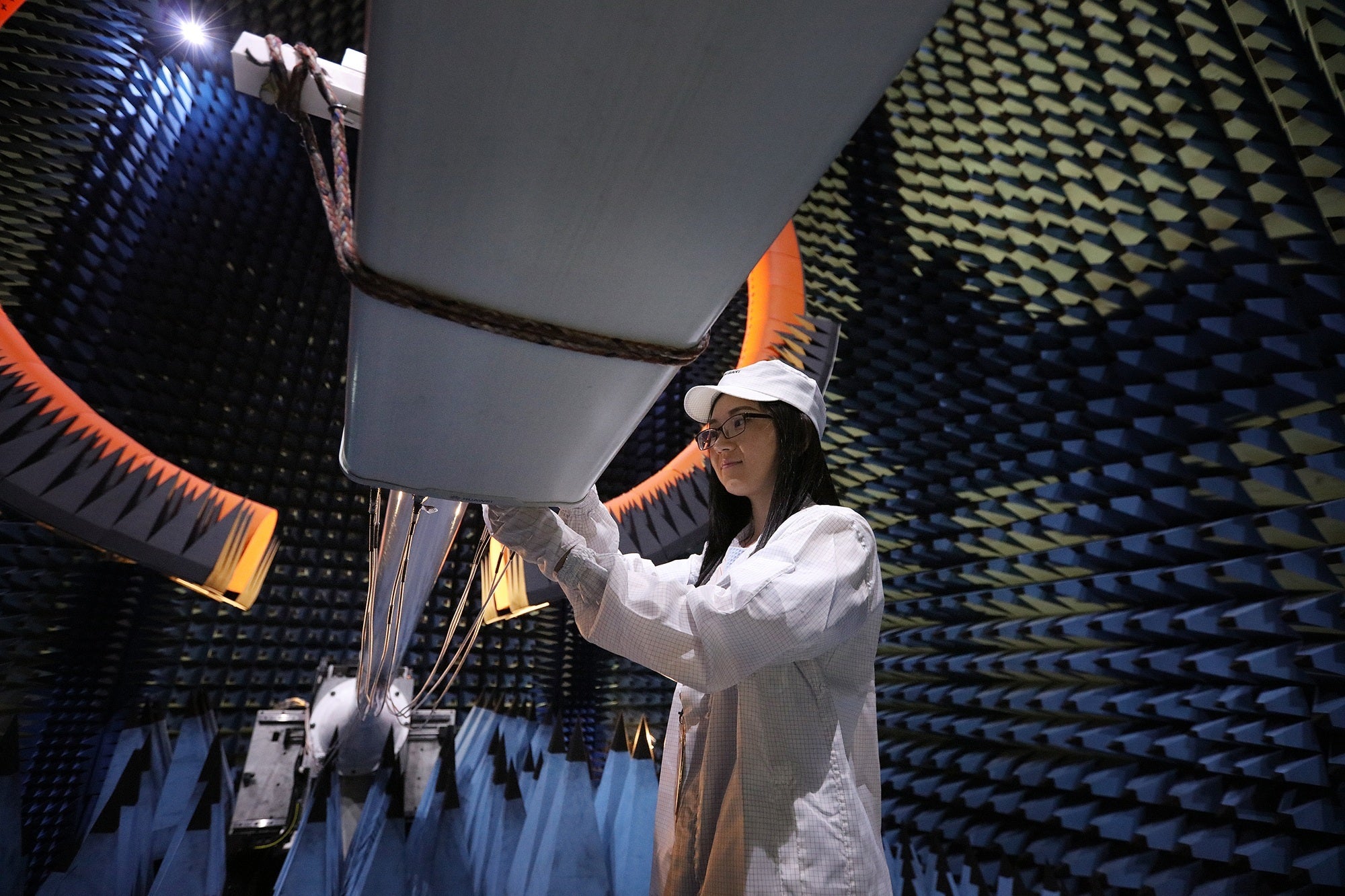
Carriers worldwide are turning to open-source networking software that would allow them to use multiple suppliers
Parts made by companies like Huawei, Nokia and Ericsson are not interchangeable. This means that in countries where Huawei's equipment is not allowed to be used in mobile networks or is limited to a degree, the carriers could face a problem building out their 5G networks. Bloomberg reports that wireless providers are looking to develop a more standardized network that would allow them to use parts purchased from multiple sources. According to those familiar with the plan, two different alliances will work together. T-Mobile parent Deutsche Telekom and AT&T back the O-RAN alliance which would work with the Telecom Infra Project (TIP) started by Facebook. This initiative was supposed to be made official next week during the Mobile World Congress (MWC) trade show in Barcelona. However, the show was canceled due to the coronavirus outbreak and instead, the announcement could be made this week.
Deutsche Telekom spokeswoman Pia Habel says that O-RAN's goal is to "invite in more players with new ideas to help make the network stronger and more secure." The plan would also give the carriers more negotiating power. If networking equipment like antennas, switches, and other gear can communicate with each other regardless of the manufacturer, the wireless operators will be able to purchase such gear from any of the suppliers no matter which firm they used before. This will give power to the carriers that they don't currently have. For example, today's report notes that AT&T wants to replace proprietary software developed by Huawei, Nokia, and Ericsson for its networks with open-source software. And virtual networks using open-source software can now be built using equipment from multiple vendors.
While Nokia and Ericsson might not be terribly excited about losing control over pricing, both have decided to get involved with O-RAN and TIP. Ericsson joined the former and Nokia is a member of the latter. Dish Network is a member of O-RAN and plans on using open-source software to help build the 5G network it will need to replace Sprint as the nation's fourth-largest carrier. Since it costs billions of dollars to build a 5G network, using open-source software could help Dish save some money.
British carrier Vodafone has issued contracts for TIP's OpenRAN in order to standardize radio access network hardware and software. Company CEO Nick Read said in October that Vodafone was "ready to fast track it into Europe as we seek to actively expand our vendor ecosystem."
The O-RAN/TIP initiative might not help countries make a decision about whether Huawei is a security threat. But it does help the carriers in these countries build their 5G networks with or without Huawei's inclusion.
Follow us on Google News


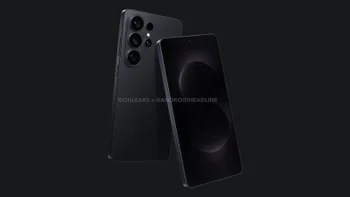
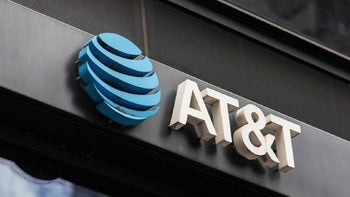

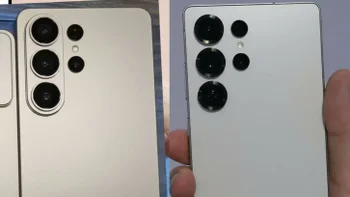
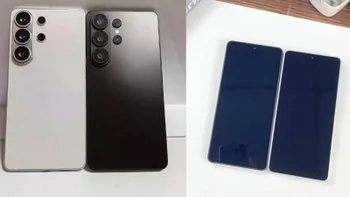
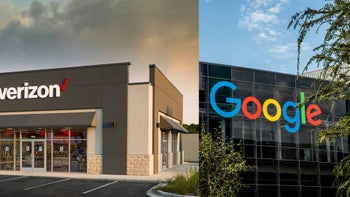






Things that are NOT allowed:
To help keep our community safe and free from spam, we apply temporary limits to newly created accounts: